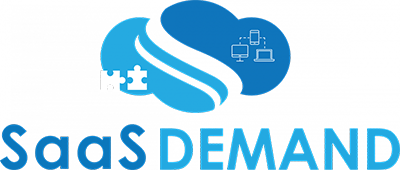In higher education, it’s never been more vital to find new ways to interact with an institution’s entire ecosystem. Even before the pandemic struck, higher ed was already experiencing an overall decline in enrollment, sinking from a high of 25.2 million students in the 2010-2011 academic year to 21.9 million in 2018-2019.
Higher ed institutions typically use a wide range of marketing communications systems, each of which gathers and holds valuable data. These systems, which can include call centers, business intelligence units, CRM platforms and many others, typically remain siloed. The critical data they hold is isolated and unavailable to the rest of the engagement channels.
When the full array of data is unlocked and available across the institution, it can be used to fuel a seamless, continuous experience for every constituent, across all channels.
Read our guide to understand the benefits of a CDP within the higher ed setting:
- Unsiloing constituent data across marketing and communication platforms and systems
- Creating personalized experiences based on predicted future preferences
- Segmenting audiences and personalize experiences across multiple constituencies
- Ensuring data privacy compliance to avoid costly penalties or reputational damage

































































